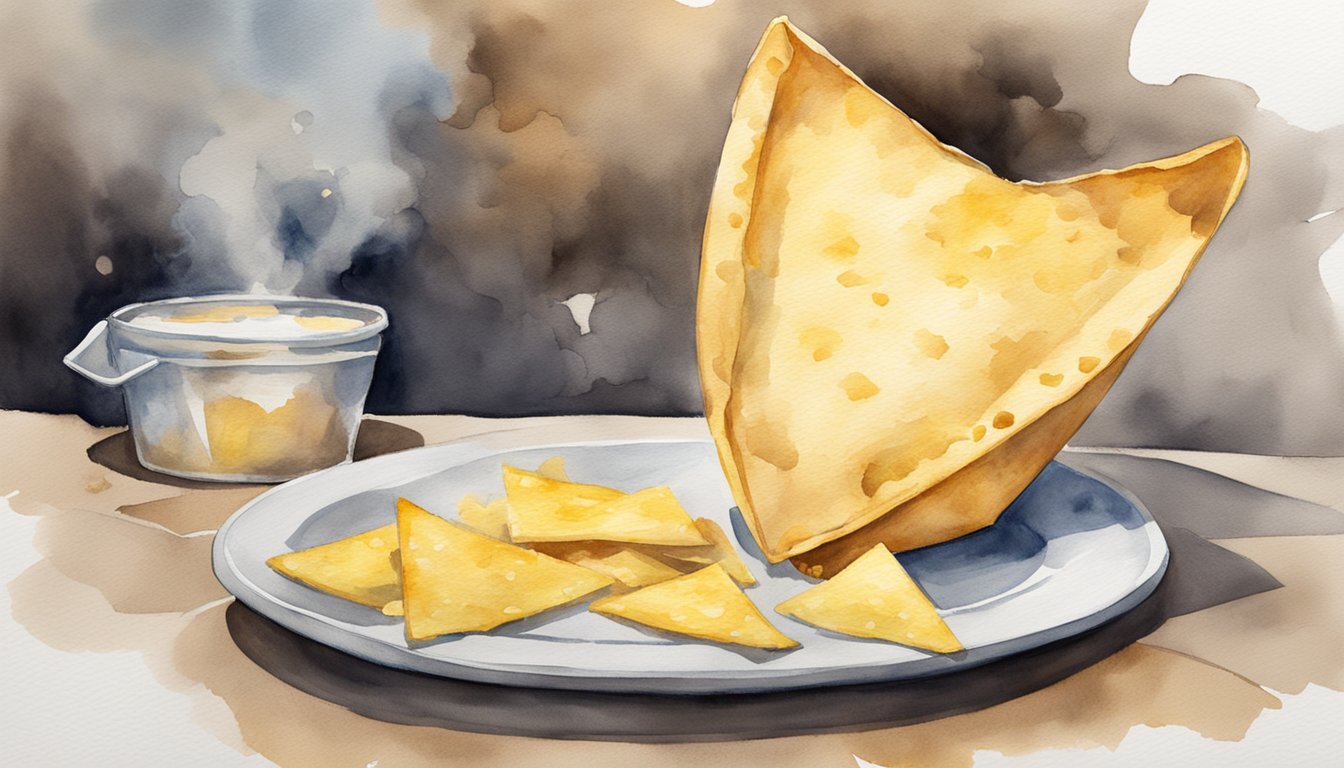The One Chip Challenge and Its Risks

The One Chip Challenge has seized social media attention for its extreme heat challenge but has come under scrutiny following serious incidents of harm. Here, we explore the details of the challenge, the risks it poses, particularly to children, and the regulatory and parental response it has elicited.
Understanding the One Chip Challenge
The One Chip Challenge is a social media challenge where individuals attempt to eat a single tortilla chip that contains a potent blend of some of the world’s hottest peppers, including the Carolina Reaper and Naga Viper pepper. The chip is known for causing severe heat and pain sensations due to its high capsaicin content.
Harris Wolobah Incident
In a tragic event, Harris Wolobah, a teenager from Worcester, Massachusetts, passed away after participating in the One Chip Challenge. An autopsy is pending to determine the precise cause of death. The family suspects that the extreme spice from the challenge led to the fatal outcome.
Health Risks and Medical Perspectives
Medical professionals express concern about the One Chip Challenge due to the health risks associated with high levels of capsaicin. Consumption can result in pain, nausea, vomiting, and in extreme cases, lead to hospitalization. It can be particularly dangerous for individuals with pre-existing medical conditions.
Regulatory Response and Parental Concerns
Following the incident, there has been increased scrutiny over the challenge. Parents are advised to be vigilant about such social media trends. Authorities in Massachusetts and beyond are evaluating the situation, with the manufacturer pulling the product from shelves and investigations ongoing to ensure adherence to food safety standards.
Cultural Impact and Future Implications
The tragic incident involving the One Chip Challenge has cast a spotlight on the intersection of social media trends and public safety, raising questions about responsibilities at different levels of society.
One Chip Challenge in Social Media and Education
The One Chip Challenge by Paqui, though a viral marketing tactic, spiraled into a significant incident when a Doherty Memorial High School sophomore scholar, Harris Wolobah, unexpectedly passed away. This event underscored the potent influence social media can wield – turning spicy-food dares previously regarded as light-hearted into matters of urgent educational value. Schools and families are now grappling with ways to impart the possible dangers of engaging in viral challenges.
The Role of Retailers and Manufacturers
In response to the death, retailers were quick to clear their shelves of the Paqui chip, reflecting the critical role stores play in consumer safety. The parent company, Amplify Snack Brands, which is owned by Hershey Co., and retailers alike, are reassessing the protocols for featuring such products. This incident highlights a shift towards a more cautious approach when promoting items intended for adult consumption that can potentially amplify risks when misused by a younger audience.
The Cultural Phenomenon of Spicy Challenges
The drive towards ‘vengeful pleasure’ and enduring intense heat and pain for entertainment has become a cultural craze, largely fueled by social media platforms like TikTok and Twitter with hashtags like #onechipchallenge. However, health experts caution against the consumption of products containing extreme spices, like the Carolina Reaper and Naga Viper peppers used in these challenges, especially for those sensitive or with underlying health conditions. The incident in Worcester, Massachusetts, prompts a discussion on the cultural acceptance of spicy challenges and their hidden hazards. Such challenges, though thrilling for participants, can lead to serious health risks, including severe digestive distress and, in some cases, hospitalization. The recent case in Worcester serves as a stark reminder of the dangers linked to consuming dangerously spicy foods, emphasizing the need for greater awareness and responsible consumption. While some may argue that extreme spice challenges add excitement to the culinary world, others believe that enjoying flavorful dishes, such as those found in Capitaine Cooks Seafood Cuisine, offers a safer and equally satisfying gastronomic experience.

